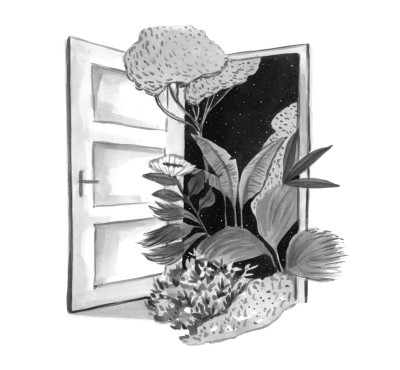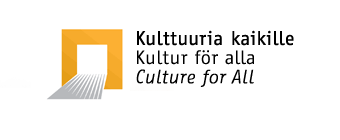Safer space

Illustration: Alexandra Burda
Safer space policy at the Norm Critical Leadership Conference
Introduction
Safer space refers to aiming together for
practices which increase safety. In safer spaces, the
personnel or organisers strive for taking
responsibility in difficult situations. The contradictions or conflicts
which might emerge from the different views and experiences of people
will be dealt with, not merely tolerated. The word ”safer” has been
suggested instead of ”safe” because it is not possible to create a
totally safe space for everyone.
The idea is that everyone could be themselves, without fear of disdaining, discrimination or even violence.
Source of the introduction: Ruskeat Tytöt: Safer space policy (in Finnish), accessed 11th June 2020.
As conference organisers we promise:
We will intervene in discrimination, harassment, and inappropriate behaviour and comments. We do not tolerate for example racism, ableism (discrimination against disabled people), discrimination against gender or sexuality or bad behaviour. We organise events in accessible venues and provide information about accessibility to participants.
You are allowed to be yourself! We promise to support you. There will be an appointed contact person/s at the event. You can report harassment, discrimination or other inappropriate treatment to the contact person.
We we welcome feedback. You can give feedback to us also afterwards and anonymously.
If we act in a wrong way or make a mistake, we take responsibility and apologize.We educate ourselves and update this safer space policy.
What we expect from everyone (also from ourselves):
If the atmosphere is non-discriminatory and safe, interaction is easier. Everyone of us can have an impact on that!
Respect and listen to others. Try to be open to new perspectives.
Let’s not make assumptions about other people - everyone has the right to self-determination.
Strive to be aware of your own assumptions, talk only about your own experience and not on behalf of others.
It is allowed and good to tell, if you do not know or are not familiar with some things. You can ask for further information.
Please use comprehensible and common language.
If you disagree with someone, try to raise the matter in a constructive and peaceful manner. Focus on the issue, not the person.
If a situation feels problematic, please raise the issue, for example, by informing the organisers. You can also give feedback afterwards and anonymously. We will make an anonymous feedback form for this event.
You can suggest changes and add ideas to this safer space policy via an anonymous form: Give feedback on the safer space policy. You can also contact our staff and tell your comments: Contact details. Please specify in your feedback that it is pointed towards the safer space policy at the conference.
Filming and photography
The conference will be live streamed online. By participating on-site, you consent to the chance of appearing on the live stream. No part of the live strem will be published as a recording.
The conference staff will take pictures in the event for social media and archiving purposes. You can always ask our staff to exclude you from a photo or to delete photos of you afterwards.
Be considerate with your own photography: ask for consent and negotiate with everyone who visible in the picture, including terms of publishing your photos.
Acknowledgements
The roots of safer spaces are in alternative cultures such as queer/LGBTQ communities, punk subcultures, and social movement spaces.
We have utilised some examples of safer space policies by other agents within the culture field, while writing this policy. We want to thank Ruskeat Tytöt, #StopHatredNow, UrbanApa, Globe Art Point ry, The Finnish Museum of Photography and the organisers of the seminar Toisin katsottu museo (2019).
